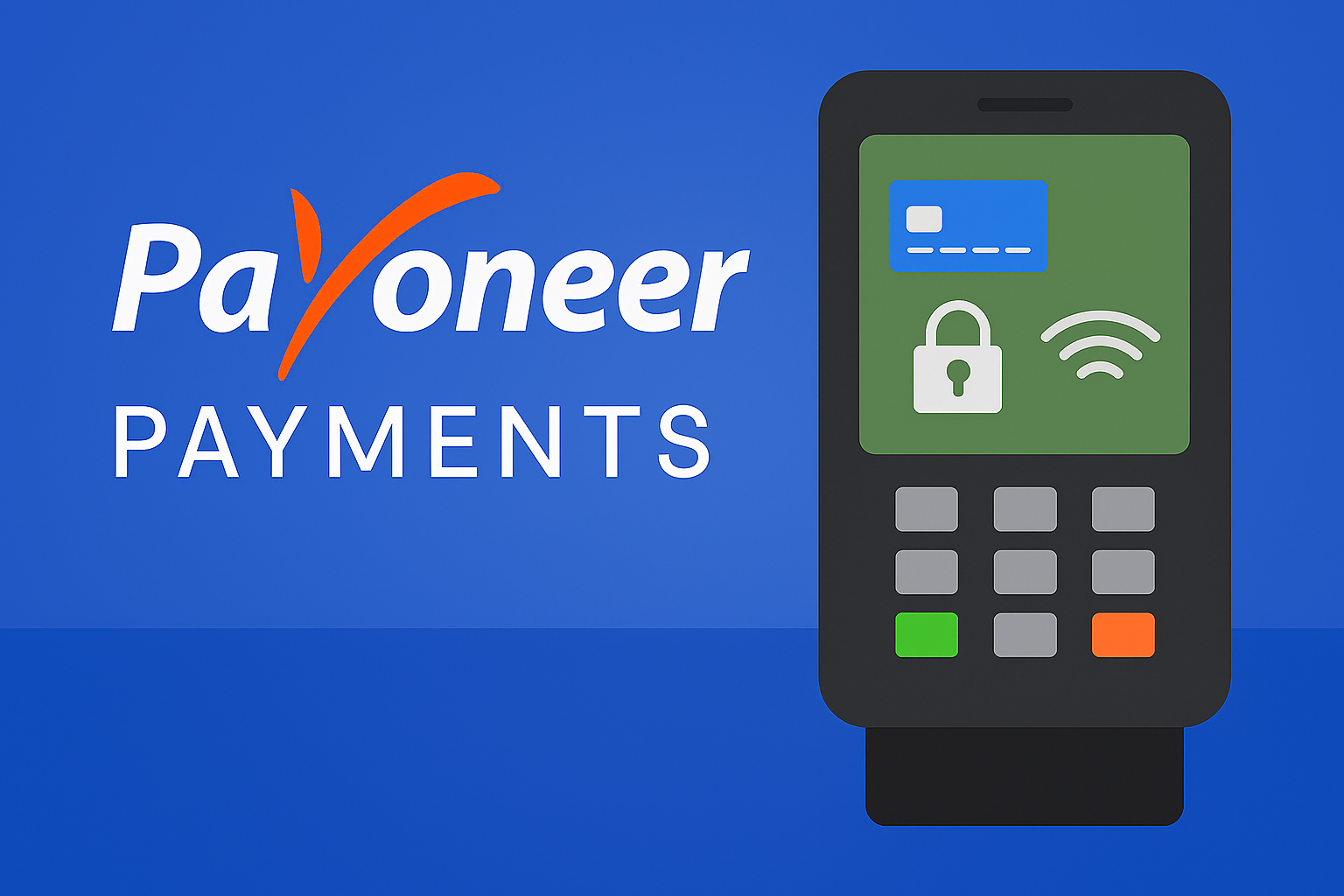Compare features, benefits, and user experiences before choosing your card.
Payoneer is one of the most popular global payment platforms for freelancers, online sellers, and businesses working with international clients. Founded in 2005, Payoneer has grown into a trusted service provider operating in over 200 countries and territories. With multi-currency accounts, cross-border payments, and direct bank withdrawals, it is particularly well-suited for professionals and businesses dealing with international transactions. Unlike PayPal or Stripe, Payoneer positions itself more as a bridge between global markets rather than just a payment processor.

Payoneer is often considered the go-to platform for freelancers, agencies, and online marketplaces looking for a reliable way to get paid globally. It is used by popular platforms such as Upwork, Fiverr, and Amazon to handle payouts to sellers and contractors. The service focuses on providing multi-currency receiving accounts, allowing users to accept payments as if they had a local bank account in countries like the U.S., U.K., EU, and Japan.
This review covers Payoneer’s features, pricing, pros and cons, global usability, and customer support to help you decide if it’s the right payment partner for your business.
Payoneer’s pricing is designed to be competitive for international transactions. Receiving payments from another Payoneer user is free, while receiving from clients via credit card or bank transfer usually comes with a 3% fee. Marketplace payouts, such as from Amazon or Upwork, often have lower negotiated fees. Withdrawals to local bank accounts incur a small fee, and currency conversion fees are typically around 2% above the mid-market rate.
Payoneer’s core feature is its global receiving accounts, which let users get paid in multiple currencies. For example, a freelancer in India can accept USD from a U.S. client into a virtual U.S. account, EUR from a European client into a virtual European account, and then withdraw everything into their local currency bank account.
Payoneer also issues a prepaid Mastercard that can be used for purchases and ATM withdrawals. Other key features include invoicing tools, batch payments, and integrations with leading freelance platforms and marketplaces.
Payoneer is simple to set up and user-friendly. Unlike Stripe or Authorize.Net, which require technical integration into websites, Payoneer focuses more on account-based payouts and direct transfers. Businesses can use its APIs for more advanced integrations, but the majority of users rely on its ready-made connections with platforms like Amazon, Upwork, and Airbnb.
Being a regulated financial services company, Payoneer is highly secure. It employs advanced anti-fraud systems, complies with international financial regulations, and follows strict KYC (Know Your Customer) protocols. Account verification may take time, but this ensures higher safety for users and compliance with global standards.
Payoneer’s biggest strength lies in its global coverage. With availability in over 200 countries and the ability to support dozens of currencies, Payoneer is one of the most international-friendly payment services available today. This makes it especially valuable for freelancers, online sellers, and businesses working across borders.
Payoneer provides customer support via email, live chat, and phone, but response times can vary depending on region and demand. While many users find the self-service knowledge base sufficient for common issues, some freelancers report delays in ticket resolution. Larger enterprise clients usually receive priority support.
Compared to PayPal, Payoneer is better for freelancers and businesses receiving international payments, as it offers local bank withdrawals and lower fees. However, PayPal is more consumer-facing, making it easier for businesses that sell directly to customers. Against Stripe, Payoneer lacks the developer-friendly APIs for customized integrations but wins on global accessibility and marketplace partnerships.
Payoneer remains a top choice for freelancers, small businesses, and global marketplaces. Its ability to provide local receiving accounts, combined with lower fees than traditional banks, makes it a highly practical solution for international payments. While its fees on currency conversion and slower support responses may be drawbacks, its global reach and versatility outweigh these concerns.
For any business or professional working internationally, Payoneer is an excellent choice in 2025. It may not replace PayPal for consumer payments or Stripe for developer-driven integrations, but it excels in its niche as a global cross-border payment facilitator.